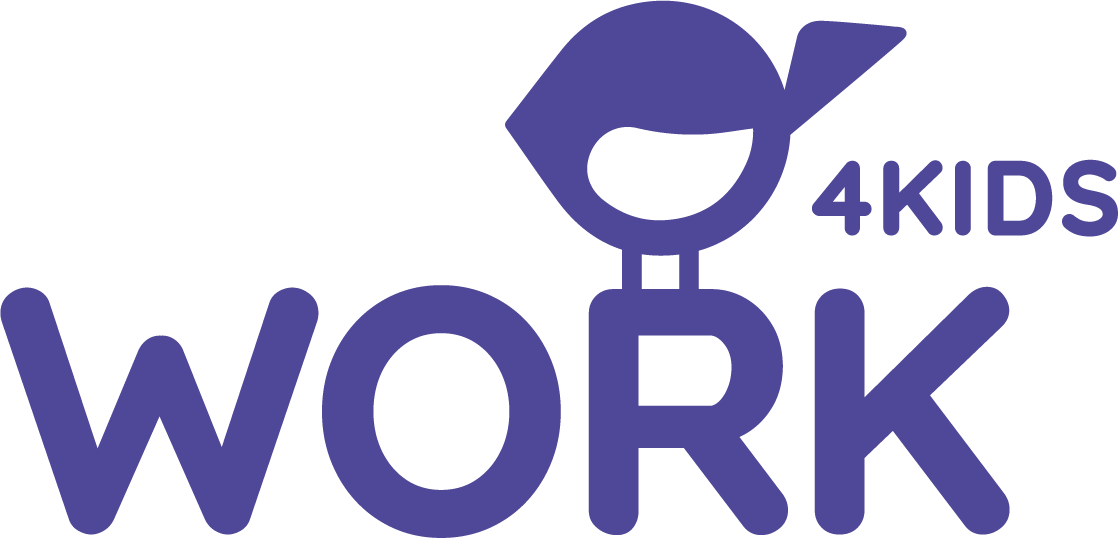Additional Offerings
In addition to our priorities, music, dental health and sugar-free mornings also have a special meaning in our everyday daycare routine.
Music
Music has always been an important part of human life. It fascinates and inspires people of all ages. It can have a positive influence on feelings, moods and health, and can make you happy and sad. Many studies have shown that making music promotes children's emotional, intellectual and motor development, as well as their linguistic and social development. Even small children love to drum on pots and cans and clap, move and sing with joy to the music. An elementary need of children, which we can observe again and again, is to combine music and movement. Because when children enjoy songs or music, they start dancing and clapping with joy. It is an important contribution to overall body perception and ensures emotional balance.
When they interact together, the children experience themselves as individuals and part of our society. Singing together only works if the children are attentive and coordinate their voices. By combining language and melody, children can remember words more easily and retain new things more easily. The vocabulary expands and familiar words are consolidated with each new song.
Music finds its place in all 4 groups:
- in everyday life
- in a circle of chairs
- e.g. through:
- Songs, e.g. about the seasons, various topics
- Sound stories
- Dance
- Play with singing
- Fantasy trips
- Get to know different instruments (e.g. drums, Orff instruments, boomwhackers)
- Making music with instruments
Dental health and sugar-free mornings
Children with healthy baby teeth have a 90% chance of remaining dentally healthy for their entire life. We specialists support the parents, but also work with our sponsoring dentist and the youth dental care working group, where regular training courses on dental health take place.
The working group provides all utensils free of charge, such as:
- Toothpaste, toothbrushes
- Information materials for parents
- Games and materials for educators and children
We also visit our sponsoring dentist once a year with the respective school children in order to allay the children's fear of the dentist. She also likes to come to our facility for information evenings.
We regularly practice brushing the children's teeth after breakfast and follow the KAI system and the tooth-brushing song as well as Irma - the tooth-brushing witch.
Another very important point that ensures your child's dental health is the "sugar-free morning" which we pay attention to in kindergarten.
In dental health, sugar-free means: 16 hours of “sugar-free” for your teeth. This time begins in the evening when you as parents have brushed your child's teeth thoroughly. The saliva now has about 12 hours to repair your child's teeth. In the morning after breakfast, the teeth are brushed again at home. During this time (4 hours in daycare) the saliva comes into action again and repairs the child's teeth. At lunchtime the 16 hours of “sugar-free time” would be over and you can have something “sweet” after lunch.




